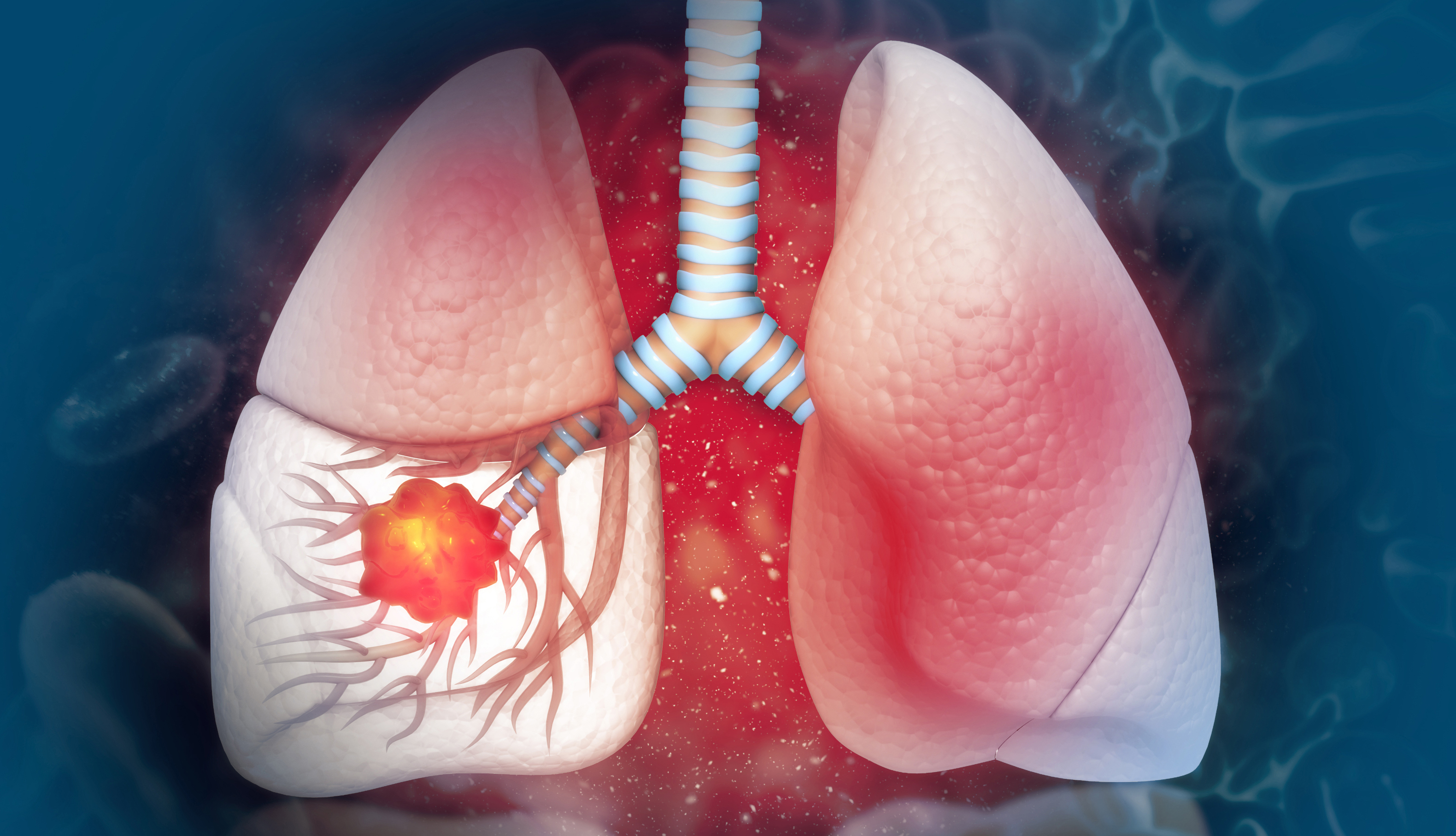
How to Tell if You Have Lung Cancer
- Select a language for the TTS:
- UK English Female
- UK English Male
- US English Female
- US English Male
- Australian Female
- Australian Male
- Language selected: (auto detect) - EN
Play all audios:

“The average person who has a little cough, they’re not going to automatically think of lung cancer, and same thing in our patients who have a little bit of shortness of breath,” Eng says.
At the same time, screening every person who is feeling crummy with these common symptoms “probably isn’t going to be fruitful either,” she adds. Her advice: If you have a new cough that
lingers — it’s been around for several weeks and isn’t getting better with other treatments, such as antibiotics — talk to your doctor about getting further testing. The same goes for
shortness of breath. One caveat is if you’re coughing up blood. No need to wait on that one — see your doctor right away. Another reason to talk to your doctor is if you have recurring
respiratory infections like bronchitis or pneumonia. It’s possible a tumor could be blocking the airway, making you more susceptible to infections. FOLLOWING UP ON EARLY ABNORMALITIES IS KEY
Randolph discovered she had lung cancer while “chasing down” a nagging pain in her chest, which turned out to be gastroesophageal reflux disease, or GERD for short. She’d seen her primary
care doctor, a cardiologist and finally a gastroenterologist, who suggested an endoscopy and CT scan to get a better sense of what was going on. WHO SHOULD BE SCREENED FOR LUNG CANCER?
Yearly lung cancer screening is recommended for people who: * Are between 50 and 80 years old _AND_ * Have a 20 pack-year smoking history (this is the number of packs of cigarettes per day
multiplied by the number of years smoked) _AND_ * Smoke now or have quit within the last 15 years _Source: CDC_ But the imaging turned up something suspicious, unrelated to her GERD
symptoms, and Randolph was referred for a second opinion. Soon after, she was scheduled for surgery with MedStar Washington Hospital Center’s Lazar to remove a tumor in her lung. “I was
incredibly lucky,” Randolph says. Humberto Choi, M.D., a pulmonologist with Cleveland Clinic, says following up on any incidental abnormalities that pop up in an X-ray or CT scan done for
other reasons is important when it comes to catching lung cancer. “Fortunately, the vast majority [of these abnormalities] are benign,” Choi says. But not always. And the sooner lung cancer
is caught, the better your chances are of treating it. Some hospitals even have programs that passively screen patients for potential signs of lung cancer, including Houston Methodist
Baytown Hospital in Texas. If a patient comes in for an imaging scan after a car accident, for example, the image will be reviewed not only for the issue at hand but also for unrelated
abnormalities, including nodules in the lungs that could signal cancer, explains Houssam Oueini, M.D., a pulmonologist at Houston Methodist Baytown Hospital. If one is detected and
concerning, the patient is notified and follow-up is recommended. “Multiple times we have caught these type of cancers in patients who wouldn’t have fallen into a [traditional] lung cancer
screening program,” says Oueini, who emphasizes that lung cancer is “much more manageable” if it’s caught at an early stage versus a more advanced stage. “One of the most daunting things to
do is to tell the patient when you see them that they have stage 4 cancer or had a small spot two or three years ago that was missed that could have been treated with just a simple surgery
or radiation, and now we’re talking about chemotherapy and immunotherapy,” he adds.
